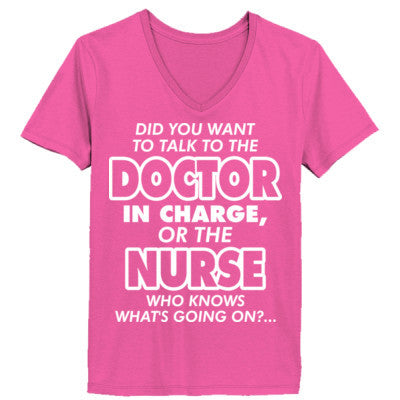My ED is under pressure to improve our throughput metrics. Nursing has fixated on the idea that all patients should be assessed by the MD and RN at the same time once they hit a room in the back. I've seen this done successfully with a single doc and 1-2 RN's in triage but we've struggled to conceptualize how this would work in a pod based system with a doc and 3 residents covering 15 rooms. Obviously we are an academic center but if you're in the community i'm sure you work with midlevels to cover a pod.
Has anyone been able to consistently make it so the provider and RN are able to be in the room of new patients at the same time and in a reasonable time from when the patient hits the room?
Has anyone been able to consistently make it so the provider and RN are able to be in the room of new patients at the same time and in a reasonable time from when the patient hits the room?

